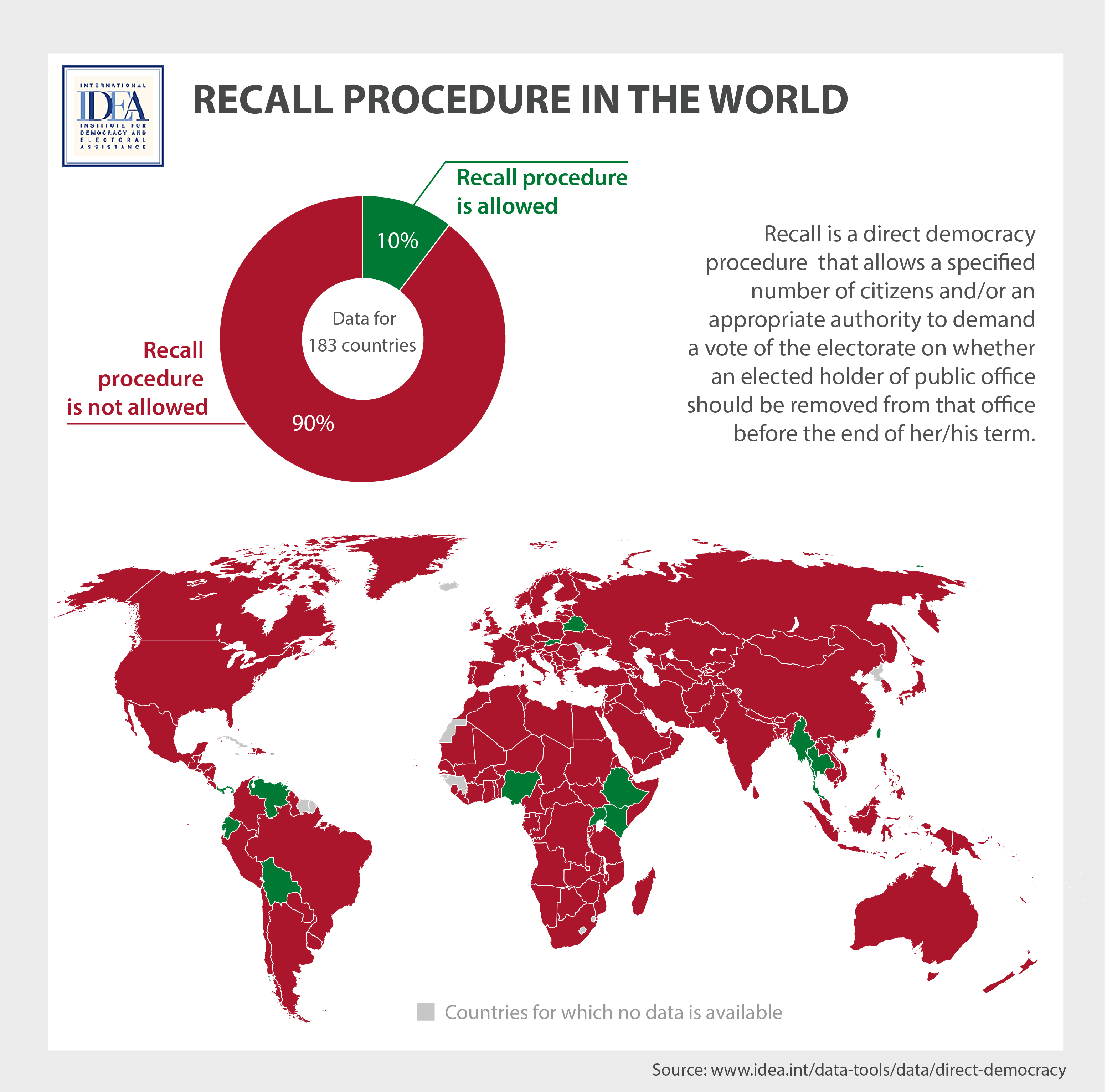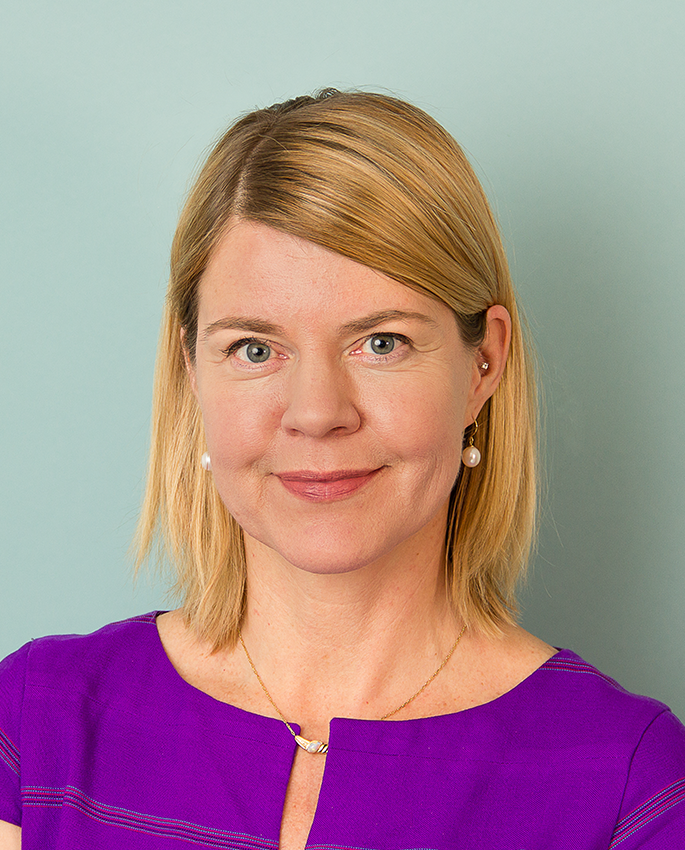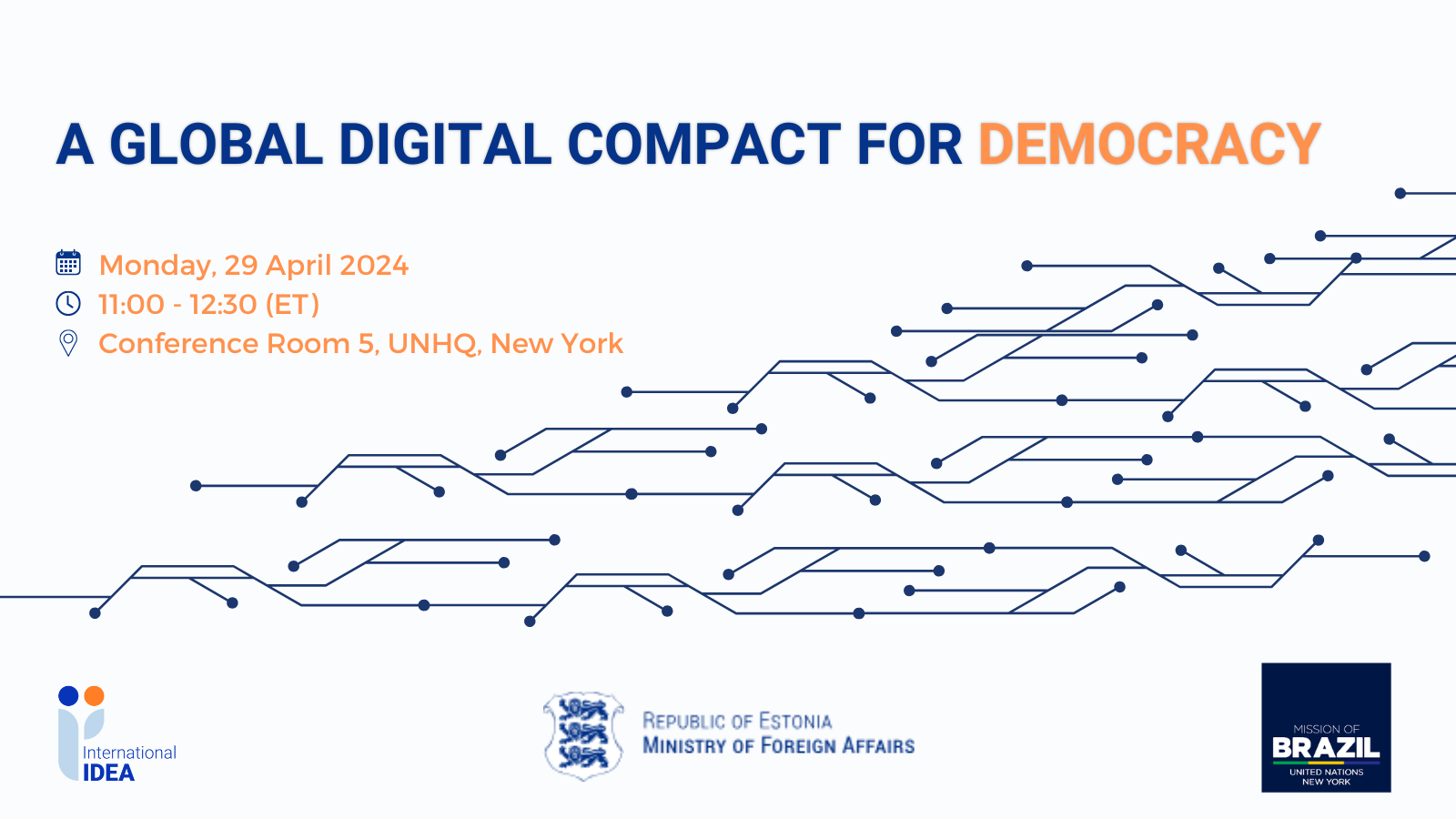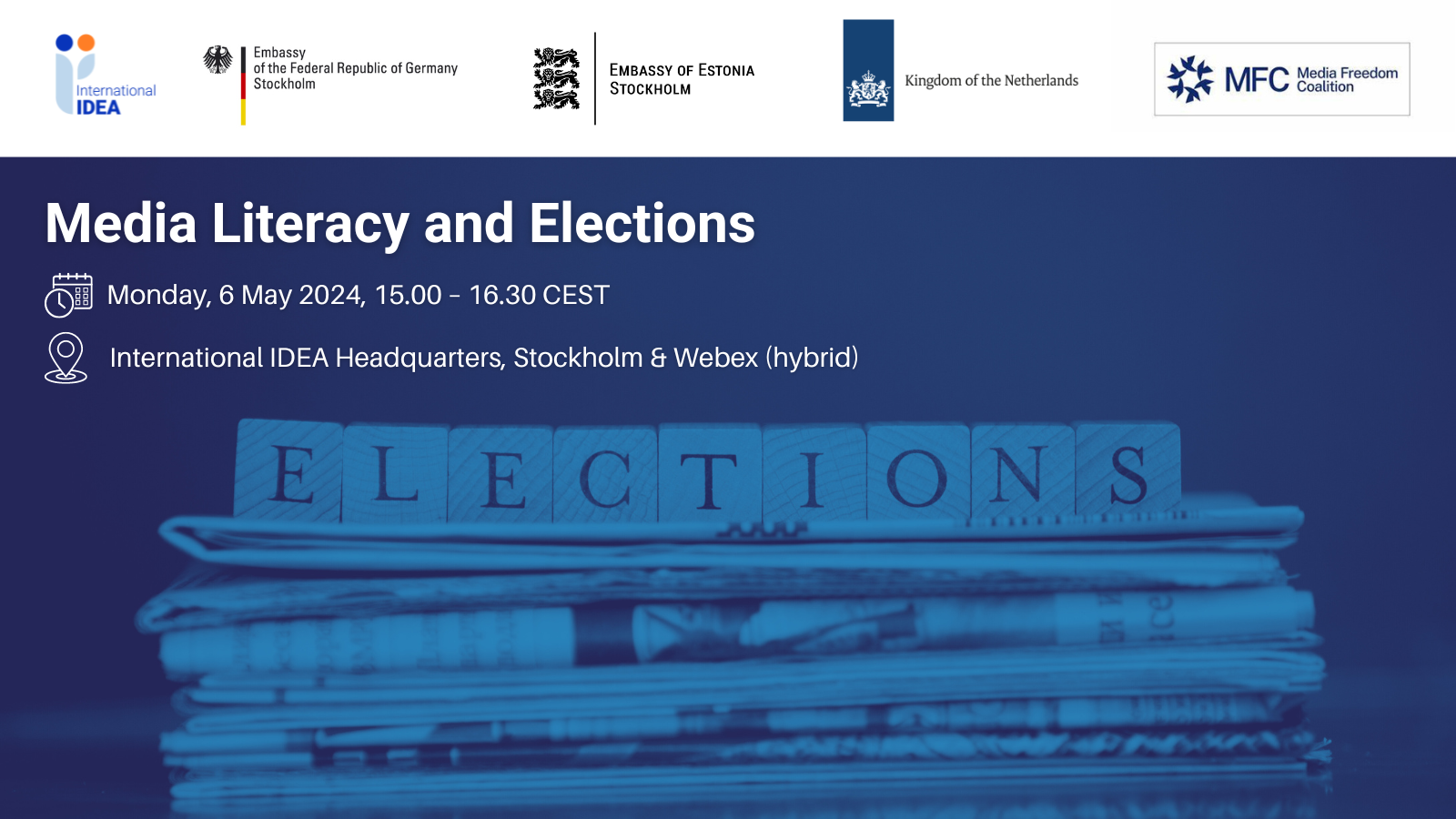2017 Seoul International Forum on Elections (SIFE): International IDEA brings Direct Democracy on the agenda
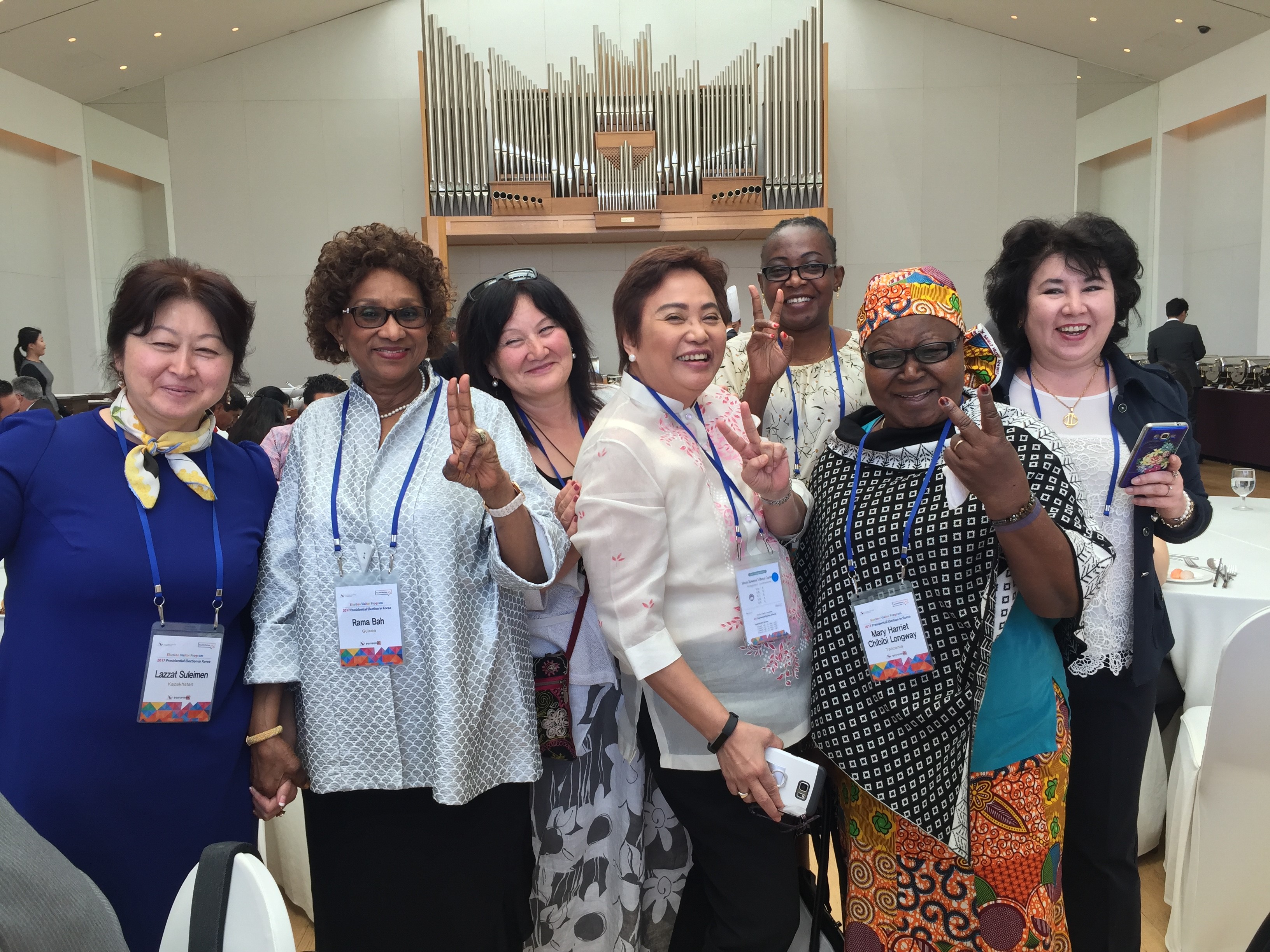
A Forum organized by the National Election Commission of Korea and the Association of World Election Bodies (A-WEB), gathered electoral management bodies (EMBs), international organizations and experts from around the world to discuss three particular themes: measures to develop policy focused elections, expanding the freedom of expression in politics and ways to improve civic participation in democracy. The Forum was organized in conjunction with the 19th Presidential elections in Republic of Korea.
In his opening remarks, Mr Yong-Hi Kim, the Secretary General of the A-WEB, referred to developments leading to former President Park’s impeachment and eventual removal from the office. He described these event as painful and divisive and yet, the constitution was followed at every step on the way and the citizens’ protests were peaceful and persistent. He expressed his hope for the high turnout and that the elections would serve as unifying event for Korean people. Indeed, the turnout on 9 May 2017 was record high at 77, 2 per cent, even if slightly behind from NEC prediction of 80 per cent.
Costing Election Manifestos
One path breaking measure in order to make election more policy oriented was introduced by Mr Tim Pyne from the Australian Parliamentary Budget Office (PBO). After each election, the PBO is required to report publicly on the budget impact of election commitments by the parliamentary parties. This has improved the transparency of the commitments made by the parties and confirmed the accuracy of the costings released by parties. This has allowed a public debate on different budget strategies proposed by the parties. Outsider of Australia, similar type of bodies only exist in Canada and in the Netherlands. Koreans were keen to learn more about such institutions. The Australian Committee also publishes self-initiated research reports on various topics to facilitate greater public discussion. See more from www.pbo.gov.au
Challenge of Social Media
One of the most important challenges for future concerns the regulation of social media, particularly during the election campaigns. Different instruments have been implemented in several countries, but none of them appears to be satisfactory as social media escape regulations attempts. In his presentation, Dr Régis Dandoy from the Waseda University pointed out that one of the main challenges is the poor reliability of the messages: the sources of information are less varied and more biased in social media. Very few people actually produce content apart from sharing, liking or re-tweeting. Journalists no longer act informational gatekeepers but it is more the friends and relatives carry now carry the responsibility to sort and distribute political message
It was acknowledged that EMBs around the worlds struggle with the social media and its impact to elections, and the Forum called for good examples of EMBs having been able to manage social media and to use its power for positive. The panel debated the role of social media vis a vis the ‘traditional media’ such as TV during the elections. According to a poll conducted by Gallup Korea in December 2012 after the Korean Presidential elections, 54 per cent of the respondents chose their candidate after watching the TV debates, and 18 per cent mainly as per information received through internet. The figures may differ in 2017 but the TV debates seems to be still l the main factor influencing people’s opinion of the candidates. As per Mr Andres Bautista, Chair of the Comelec, same was the case in the recent Presidental elections in the Philippines.
Direct democracy in Asia and the Pacific
In her presentation, Leena Rikkila Tamang, International IDEA Director for Asia and the Pacific reflected upon the basic concepts of direct democracy as well as the opportunities and challenges related to direct democracy as a means of expanding freedom of expression in politics. She emphasized the importance to recognize the variety of direct democracy instruments from referendums to the citizen agenda initiatives and recall processes. The referendums may be the most familiar but by means not the only means that governments and citizens could use to provide inputs to the decision making between the general elections. The discussion pointed out that recall should be seen as part of representative democracy, simply the other part of the coin when electing someone into the office.
The maps and data produced by International IDEA show how the direct democracy instruments are most widely used in Latin America and in Europe and least so in Asia and the Pacific. The most common instrument worldwide is the optional, or consultative referendum whereas citizen agenda initiatives to place a particular issue on the agenda of a parliament or legislative assembly is the least widespread one. Especially so in Asia and the Pacific region where no country is providing an option for agenda initiatives. In Asia, recall is constitutionally possible in Thailand, Myanmar (not enforced) , Taiwan, and in Palau, Micronesia, Kiribati and Tuvalu from the Pacific. Globally, the Recall is most commonly used at subnational or local level, in some of the Latin America also at the national level.
While recognizing the risks, it would be worth exploring how initiatives such as recall and agenda initiatives could deepen the representative democracy in many Asian countries, suffering either from increasing voter apathy or dissatisfaction with the current shortage of means to have a say on matters impacting citizens. Protests, turning too often violent in the region, do not need to be the only way of influencing politics in between the elections.
On 9 May 2017, Mr Moon Jae-In was elected as President of Republic of Korea, starting his five year single term, after removal of former President Park Geun-hye from office as a result of impeachment process sparked by citizen protests.
